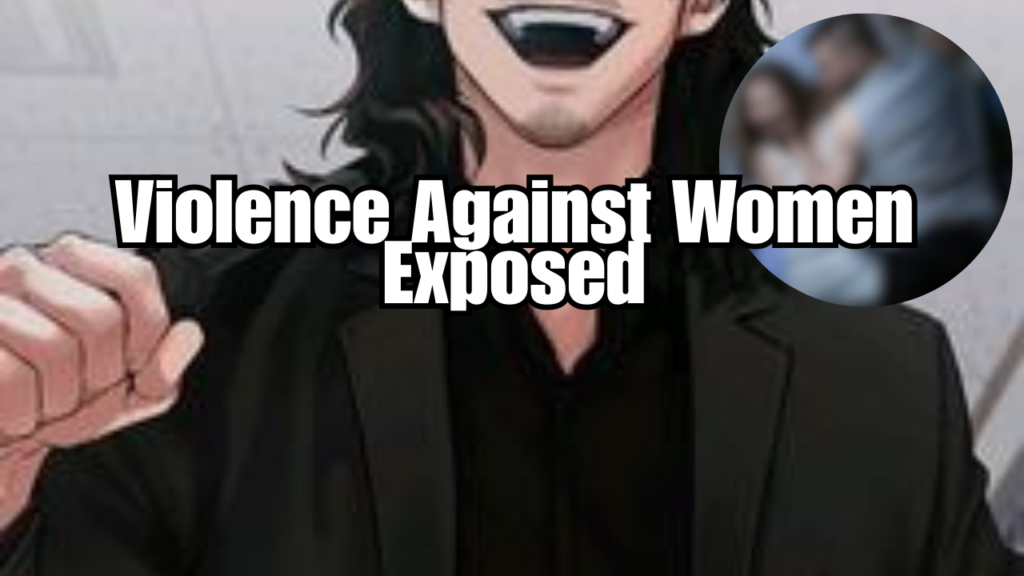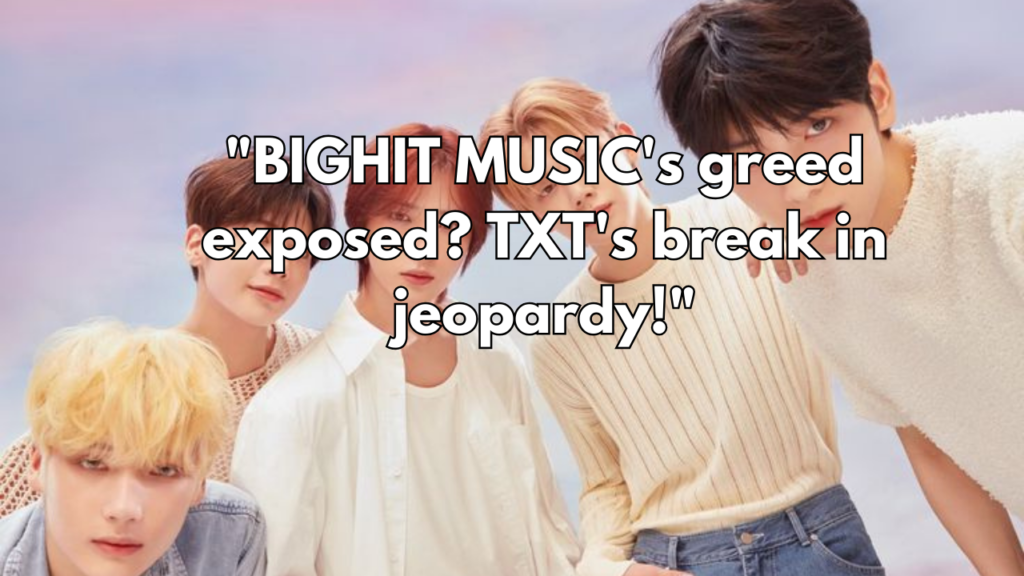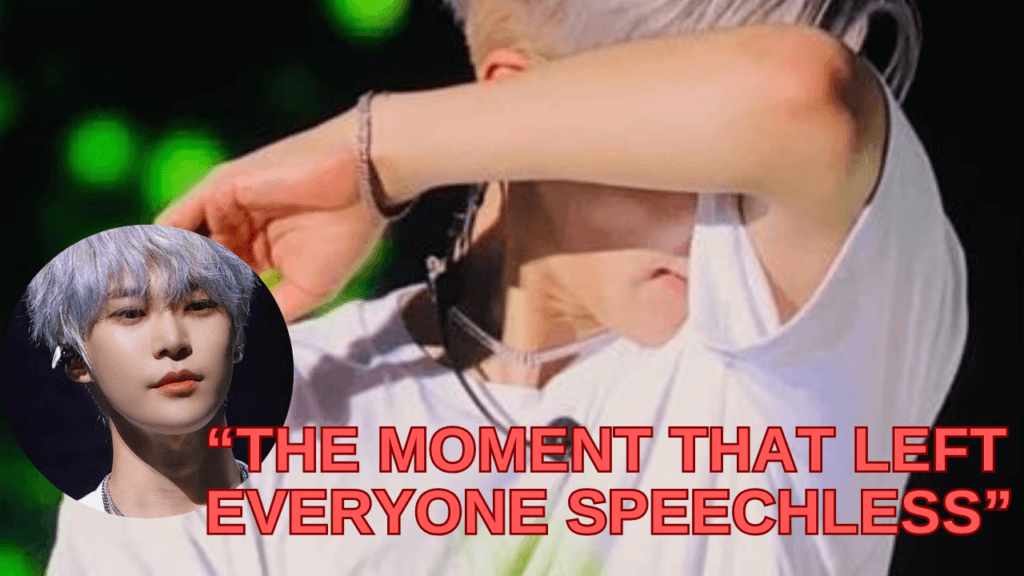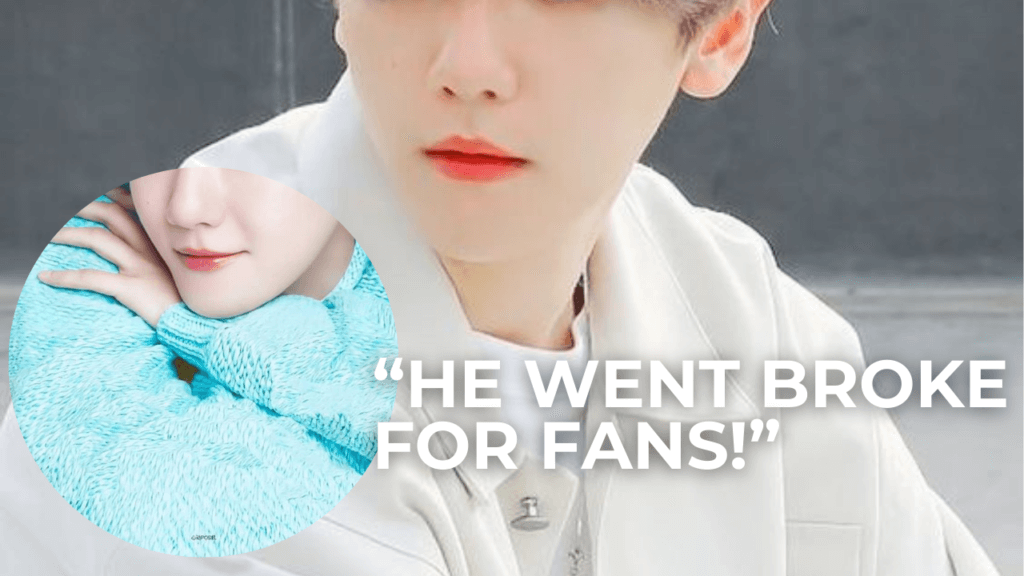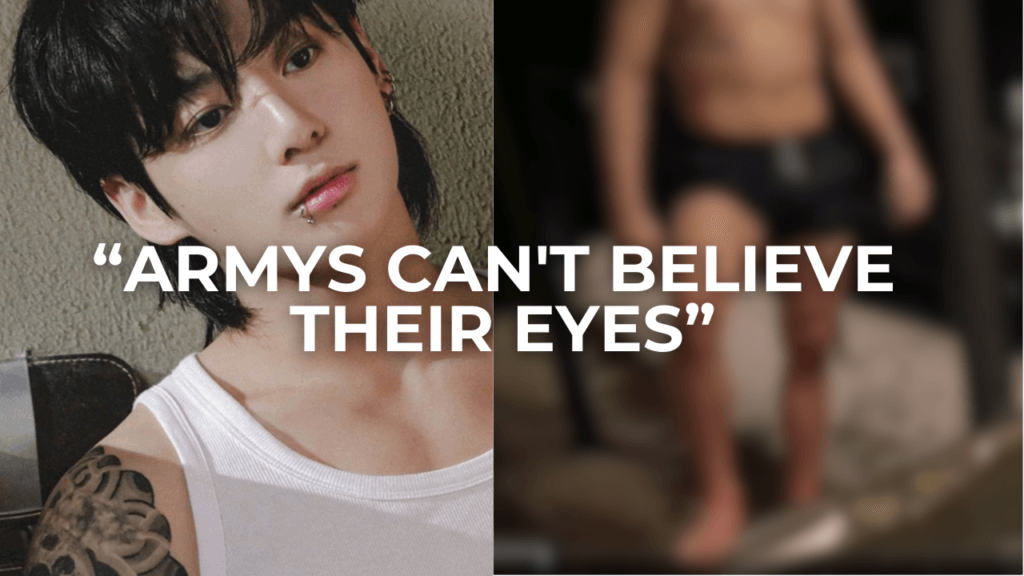Controversial Content Sparks Global Debate
The Get Schooled webtoon controversy has ignited widespread concern in the global entertainment community. Naver’s popular webtoon faces intense scrutiny over its problematic content depicting violence against women. The announcement of its potential K-drama adaptation has further fueled international outrage. The series, which initially gained popularity for its unique storytelling, now stands at the center of a heated debate about media responsibility and social impact. Entertainment industry experts worldwide have expressed deep concerns about the message such content sends to young audiences.
Previous Controversies and Platform Response
Get Schooled previously faced criticism for racist content, leading to a formal apology from its creators. The controversy resulted in the webtoon’s removal from international platforms. Naver also placed the series on indefinite hiatus in the Korean market following public backlash. Industry insiders reveal that this decision came after numerous complaints from readers and advocacy groups. The platform’s swift action demonstrated the growing awareness of content responsibility in digital media. Several content creators and industry professionals have since called for stricter content guidelines and review processes for digital platforms.
K-Drama Adaptation Concerns
The potential K-drama adaptation announcement, initially linked to actor Kim Nam Gil, has reignited public discourse. International fans expressed strong opposition to the project. Many viewers pledged to boycott the adaptation and any actors involved. Entertainment agencies and production companies are now reassessing their involvement in the project. The controversy has sparked discussions about the need for thorough content evaluation before adapting digital content into television series. Several prominent Korean entertainment figures have publicly distanced themselves from the project, citing ethical concerns.
Anti-feminist Content and Social Impact
A particularly controversial scene showing violence against a feminist teacher has drawn sharp criticism. The scene’s popularity among anti-feminist groups has raised serious concerns about social responsibility. This content emerges amid rising anti-feminist sentiment in South Korea, where women face increasing harassment. Social media platforms have been flooded with discussions about the broader implications of such content. Women’s rights organizations have called for more responsible content creation and stronger measures against media that normalizes violence against women. The incident has also led to broader discussions about gender equality in Korean entertainment.
Cultural Impact and Global Response
The controversy surrounding Get Schooled has sparked international dialogue about cultural sensitivity in media. Global fans and critics alike have expressed concern about the potential normalization of harmful behaviors. Several international media outlets have covered the story, bringing attention to the broader issues of content responsibility. Cultural experts emphasize the need for better understanding of social impacts in content creation. The incident has become a catalyst for discussions about media influence on societal attitudes.
Industry Changes and Future Implications
The Get Schooled controversy has prompted many entertainment companies to review their content policies. Industry leaders are now discussing the implementation of more rigorous content screening processes. Several platforms have announced plans to strengthen their content guidelines. The incident has become a turning point in discussions about social responsibility in entertainment. Many creators are now more conscious of the potential impact of their content on social issues.
Final Thoughts on Get Schooled Webtoon Controversy
The Get Schooled controversy highlights the broader issue of media responsibility in addressing social issues. It serves as a crucial reminder of the entertainment industry’s role in shaping
social attitudes. The incident has sparked important conversations about content creation and social responsibility. Industry professionals and audiences alike are calling for more thoughtful approaches to sensitive topics. What are your thoughts on the responsibility of content creators in preventing harmful narratives? How can the entertainment industry better balance creative freedom with social responsibility?

